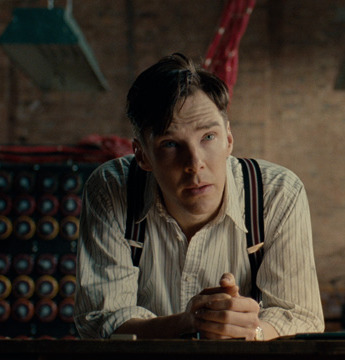Movie numerology: Mathematical minds multiply at Toronto film fest
At this year’s Toronto International Film Festival, two of the most lauded and talked-about films are portraits of elite mathematical minds. In “The Theory of Everything,” Eddie Redmayne plays theoretical physicist Stephen Hawking; in “The Imitation Game,” Benedict Cumberbatch plays British mathematician and World War II code breaker Alan Turing. Both films are expected to be major players on Hollywood’s awards circuit this fall following their theatrical openings. Redmayne and Cumberbatch are already calculated by pundits to be favourites for a best actor Oscar nomination.
I don’t like thinking of films being in competition with each other, full stop. It’s absurd. As long as they’re both able to find an audience, it’s not a problem.
Benedict Cumberbatch, actor
Curiously, films about cold mathematics tend to be quite emotional, often verging on sentimentality—movies such as “Good Will Hunting,” with Matt Damon’s janitor genius, and Ron Howard’s Oscar-winning “A Beautiful Mind,” about Nobel-winner John Nash. Rare is the film that delves deeply into numbers, such as Darren Aronofsky’s obsessive “Pi.” Usually, the movies like math most for handsome backgrounds of chalkboard equations and the more comprehensible personal lives behind the science.

Arts Toronto film